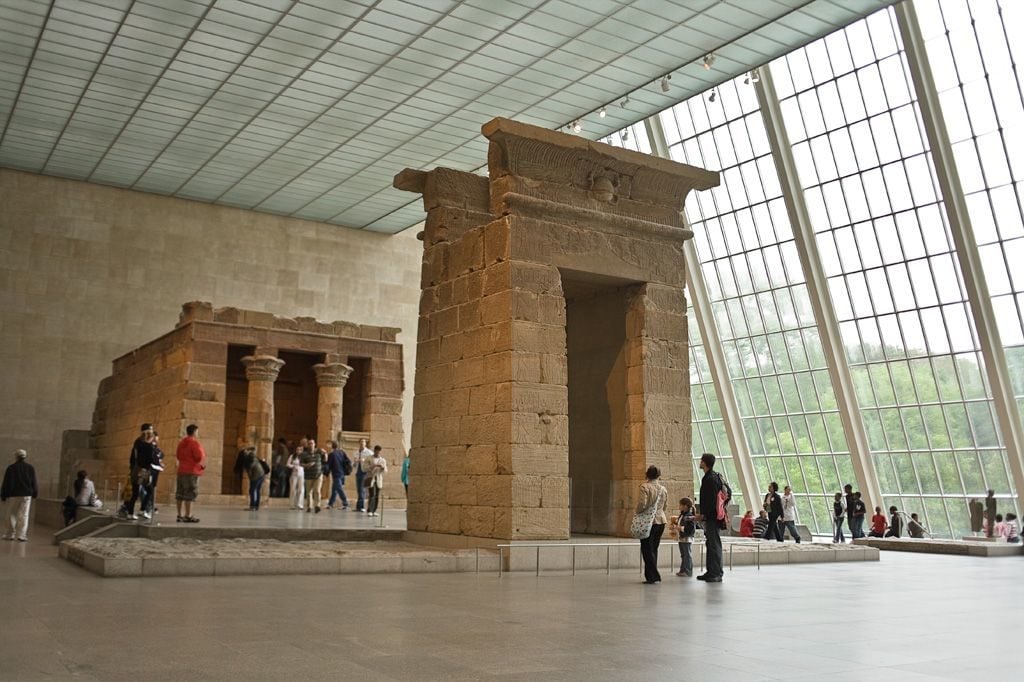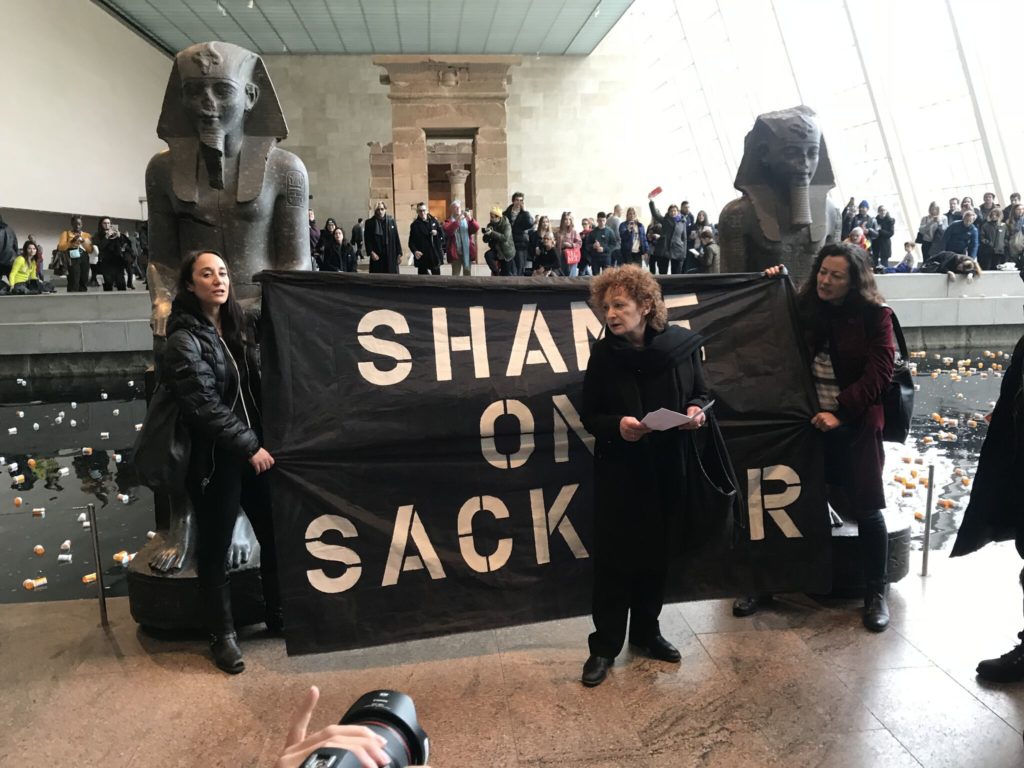Art World
In a Landmark Move, the Metropolitan Museum of Art Pledges to Reject Funding From the Sackler Family
The American Museum of Natural History will also stop accepting gifts from the Sacklers.

The American Museum of Natural History will also stop accepting gifts from the Sacklers.

Taylor Dafoe

The Metropolitan Museum of Art has become the latest—and certainly the most prominent—museum to announce that it will no longer accept gifts from members of the Sackler family or their foundations. The American Museum of Natural History has also stopped taking money from the family as of today.
The decision comes at a moment when the Sacklers are under international scrutiny for their role in the opioid crisis. The family’s company, Purdue Pharma, put the painkiller OxyContin on the market in 1996 and some members have been accused of misleading the public about the dangers of the drug.
“In consideration of the ongoing litigation, the prudent course of action at this time is to suspend acceptance of gifts from individuals associated with this public health crisis,” Daniel Weiss, the Met’s president and CEO, said in a statement. The Met declined to comment further on the matter to artnet News.
The Met’s relationship to the Sacklers goes back decades; their name currently adorns a wing at the museum. Weiss told the New York Times that the Met has no plans to permanently remove the family’s name from the wing, as some protesters have called for, at a time when litigation against them is still ongoing. He also noted that the museum would only refuse gifts from members of the family closely tied to Purdue.
(One branch of the family, the descendants of Arthur Sackler, maintain they did not benefit directly from the sale of Oxycontin. Arthur’s brothers, Mortimer and Raymond, purchased his shares in Purdue well before the drug was developed.)

Nan Goldin speaking at the protest at the Met last summer. Photo: Michael Quinn.
The Met joins Tate Modern and the National Portrait Gallery in London, among other institutions, to decline Sackler money at a time when museums are increasingly scrutinized for the source of their funding. Last month, the Sackler Trust, which has donated nearly $80 million to the arts and sciences since 2010, announced that it would indefinitely halt philanthropic giving while the lawsuits against Purdue Pharma were ongoing. (There are currently more than 1,500 suits filed against the company.)
“While the allegations against our family are false and unfair, we understand that accepting gifts at this time would put the Met in a difficult position,” members of the Sackler family with ties to Purdue Pharma said in a statement to artnet News. “We respect the Met and that is the last thing we would want to do. Our goal has always been to support the valuable work of such outstanding organizations, and we remain committed to doing so.”
This decision, made by Met leadership in consultation with the board, is accompanied by newly codified rules about the process by which the museum accepts gifts. The broader message, Weiss told the Times, is that the Met is not looking to turn down money—but it will do so when the donor “in some way challenges or is counter to the core mission of the institution, in exceptional cases.”
The Met’s director, Max Hollein, signaled that the museum might move in this direction soon after he began his new post. In an interview with artnet News last September, he said: “I think that it’s clear that if you are one of the leading museums in the world, if you have a very strong voice in the cultural discussion, that means that you have to have a morally sublime attitude not only about how the institution is set up, how it operates, how it is providing its services to the community, but also that its fundraising and funding is based on a clear set of values that we project…. It’s clearly going to be a guiding principle for us going forward.”